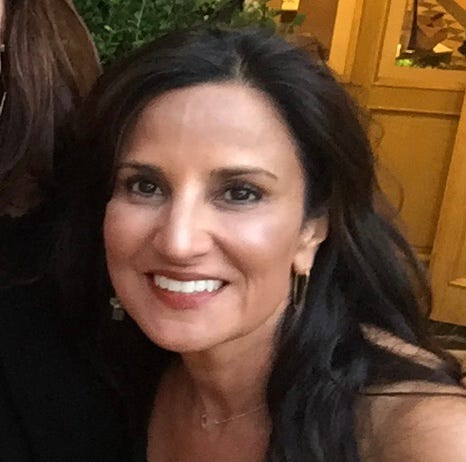Nevada Public Option best way to tackle rising health care costs | Nita Schwartz
This opinion column was submitted by Nita Schwartz, MD, an emergency physician and hospice care medical director in Carson Valley.
As a physician, I see firsthand the complex and often devastating way health care — and lack of it — can affect people’s lives. The best way to help people who don’t have health care get the treatment and therapy they need in a timely fashion is to expand access through a public option. This path is the best way forward for Nevada: A public option provides affordable choices for individuals and small businesses, while compelling private health corporations to compete for business through lower premiums, fewer out-of-pocket costs and more services.
What concerns me, on a nearly daily basis, are patients who delay care for too long until an otherwise manageable chronic condition gets worse.
Too often, my colleagues and I see the diabetic who rations insulin and risks getting ketoacidosis. I see patients who put off getting chest pain looked at. I see people who tried to power through bladder infections and abdominal pains that threaten to turn into serious medical complications. When I ask them why they waited to come in, they almost always cite cost. They didn’t have enough money at the time, or they had to choose between paying for gas or out-of-pocket medical expenses.
Health care has become a luxury for too many Nevadans. Premiums for families have gone up 55 percent since 2010. That’s twice as fast as wages, which has grown at only 27 percent, and inflation, at 19 percent. Prices for more than 500 prescription drugs went up a median of 4.6 percent in 2020, about double the projected rate of inflation. Even as costs go up for Americans compared to other developed nations, we see poorer health outcomes and lower life expectancy.Your stories live here.Fuel your hometown passion and plug into the stories that define it.Create Account
The absurdity of our broken health care status quo is that health care is a basic necessity in life. No Nevada family should have to choose between managing diabetes or treating cancer, and going broke. Huge medical bills have sent 69 percent of Americans into debt; nearly 3 in 4 people say they’ve delayed buying a home, having a child or making other major financial decisions because of medical debt. Pandemic-related job losses forced an estimated 15 million Americans and their families to also lose employer-provided health care.
In April, Nevada’s unemployment rate was 30.1 percent — higher than any state since data was first tracked in 1976. Las Vegas’ unemployment rate rose above 10 percent, higher than any large U.S. city. About 1 million Nevadans, or 45 percent of adults, are behind on their bills.
With so many people struggling, Nevada policymakers have an opportunity to provide real relief and help families get affordable health care without breaking the bank.
The Nevada Public Option helps expand affordable health care to more people and in more communities. During the first year of implementation, the Nevada Public Option required premiums to be at least 5 percent less expensive than the prior year, or 15 percent lower over the course of five years.
The Nevada Public Option increases access to maternal and pregnancy care by closing gaps in Medicaid coverage. Under the Nevada Public Option, participating health plans must pay providers rates that are comparable to or better than Medicare rates, which can provide critical support to financially strapped hospitals and physicians in rural areas that are more likely to care for patients on Medicaid and Medicare, or who are uninsured, and often face low cash flows.
From a medical viewpoint, I welcome Nevada’s effort to offer a low-cost option for Nevadans to buy health care coverage that provides the care they need, without breaking the bank. By quickly approving a public health insurance option, Nevada can better protect our residents during this pandemic and beyond.
Nita Schwartz, MD, is an emergency physician and hospice care medical director in Carson Valley.
Source: Reno Gazette Journal
